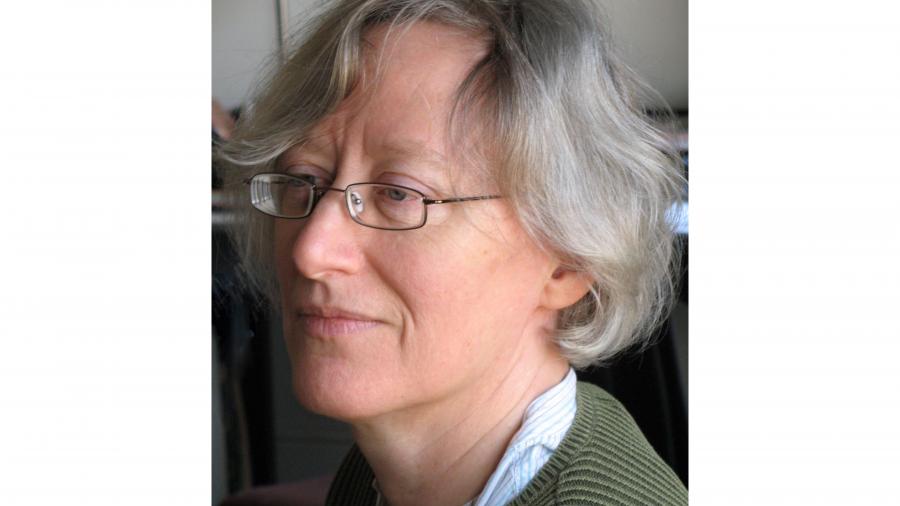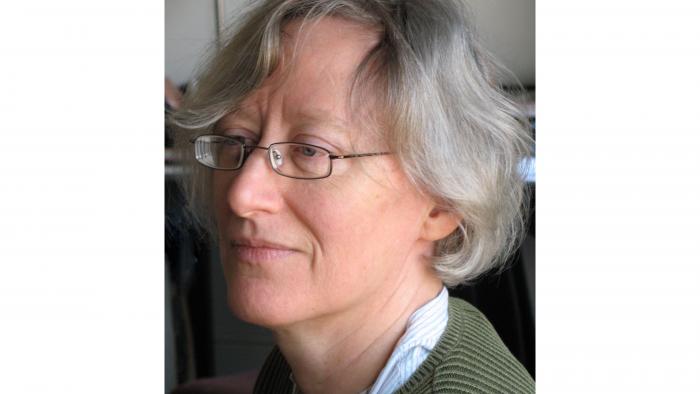
After getting a degree in Natural Sciences from the University of Cambridge, Ann worked for Unilever Research for two years and then did the Diploma in Computer Science at Cambridge. She started doing research in Natural Language Processing/Computational Linguistics at the University of Cambridge Computer Laboratory (now the Department of Computer Science & Technology) in 1985.
She worked for ten years as a Research Associate on a series of projects while also doing a DPhil in Computer Science at the University of Sussex (1990-1992), visiting Xerox PARC (1993-1994), and working on the Verbmobil project for the University of Stuttgart (1994-1995). From July 1994 to October 2000 she was at the Center for the Study of Language and Information (CSLI), Stanford University, as a Senior Researcher. She became a University Lecturer at Cambridge in October 2000 and is now Professor of Computational Linguistics. She was Head of Department from 1 May 2018 to September 2023.
